Winnipeg North Dental Services
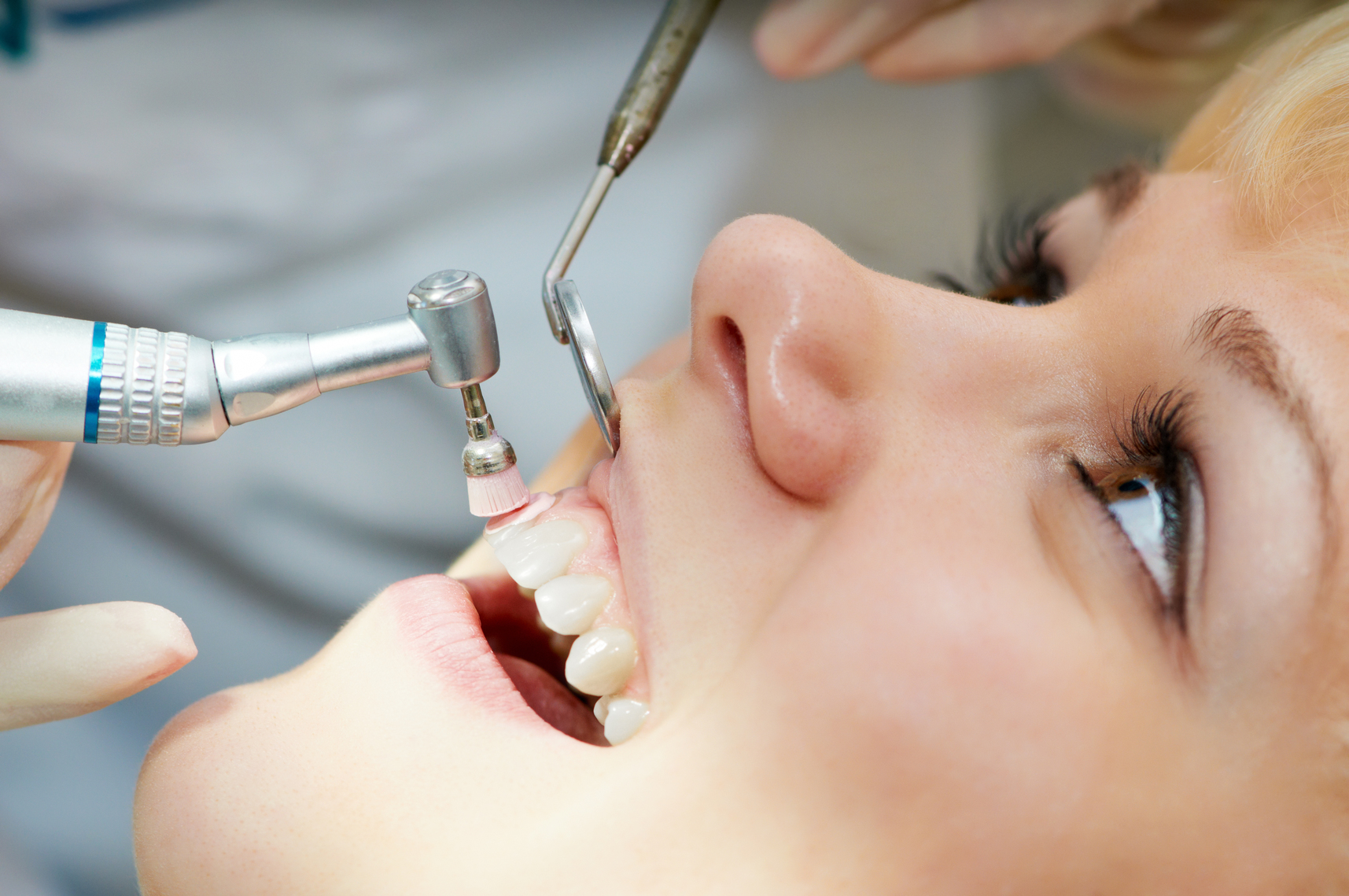
Cleaning and Prevention
At WND, we highly recommend routine teeth cleaning every six months or more frequently depending upon your oral health. We strongly believe in dental care both at-home and in-clinic to keep optimal oral health. Professional cleaning removes tarter which helps in preventing cavities, gingivitis, and other dental problems. Cleaning appointments also involve dental examinations including x-rays, which help in early detection of any oral health problems.
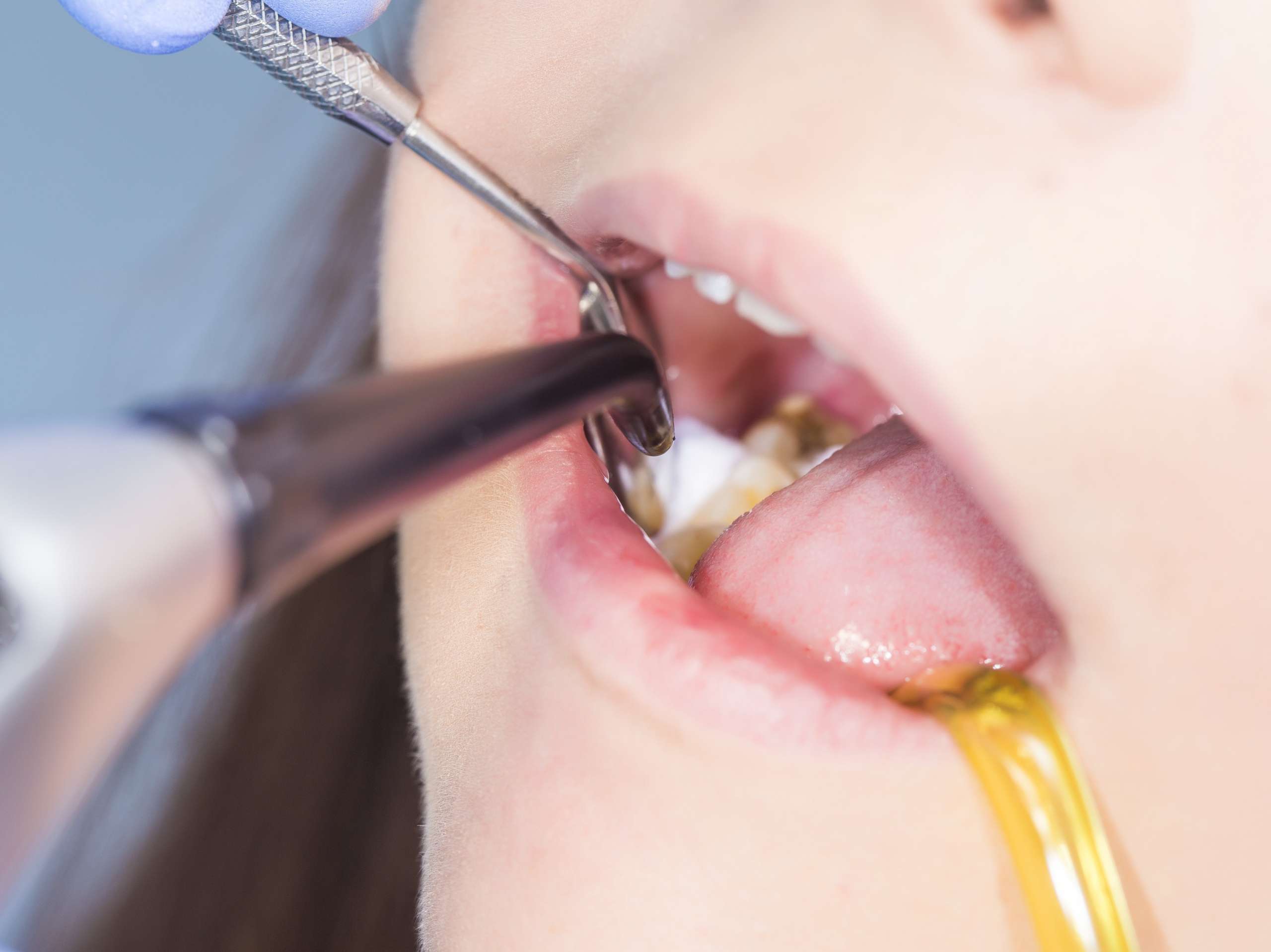
Dental Fillings
A filling is used to repair a tooth that is decayed or cracked. Firstly, a portion of the tooth affected will be removed and then replaced with a filling. There are many types of filling materials available with their own set of properties, we can discuss the best option for you. Tooth coloured composite and silver amalgam fillings are the two most commonly used in the dental field. Composite fillings can be closely matched to the colour of your teeth and they can be used to repair chipped, cracked or broken, decayed and worn teeth. Composite fillings are very durable and good oral hygiene practices as well as regular dental visits will extend the life of your new fillings.

Extractions and Preservation
A dental extraction procedure is usually performed to remove a tooth that is badly decayed or a tooth that does not have enough space in mouth such as wisdom teeth. Before the tooth removal process, the dentist will perform a complete dental examination which may include an X-ray to allow the dentist to analyse the internal aspects of the tooth, root, and bone surrounding it. The extraction may be performed using oral sedation in conjunction with local anaesthesia. Often the procedure will not cause any discomfort and if needed the dentist will prescribe antibiotics or painkillers. After the tooth extraction, you will be advised to consume liquids or soft foods and avoid excessive activity.

Root Canal
A root canal is recommended when the nerve inside your tooth called the pulp is infected or has become exposed due to deep tooth decay or injury. When the nerve inside the tooth becomes exposed or infected, an infection called an abscess can occur at the tip of the root. This abscess will destroy the bone surrounding the tooth and can cause severe pain, discomfort and swelling. Some other signs and symptoms that your tooth may need a root canal are – sensitivity to hot and cold, severe toothache, swelling and/or tenderness, and darkening of a tooth. Our aim is to help you make the most informed decision regarding your oral health. The most common myth associated with root canal therapy is that it is very painful, but in reality, there should be virtually no pain as patient is properly numbed (anaesthetized) before the procedure. The Winnipeg North Dental team pays very close attention to your comfort level during and after your root canal.
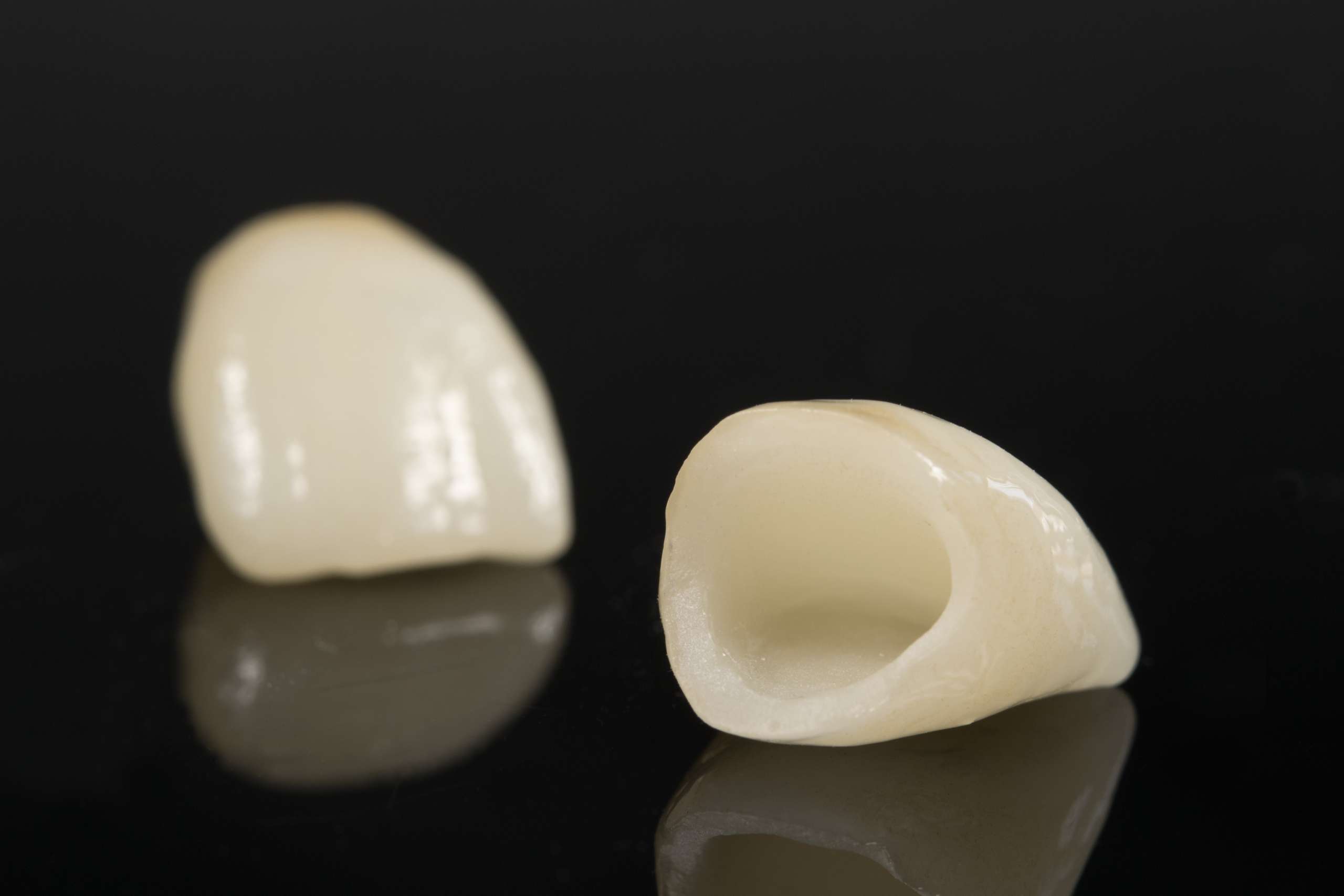
Crowns
Crowns, also called caps, are used to completely cover a tooth. A crown is applied when a large portion of a tooth is decayed or fractured. We recommend a full coverage crown following a root canal as a non-vital or dead tooth tends to get brittle over time and can easily fracture. Crowns can be designed to repair a single tooth, multiple teeth, or with dental implants to fill a space. Crowns can be made of various materials, such as gold and other metals, tooth coloured porcelain and zirconia, or a combination of tooth coloured and metal.
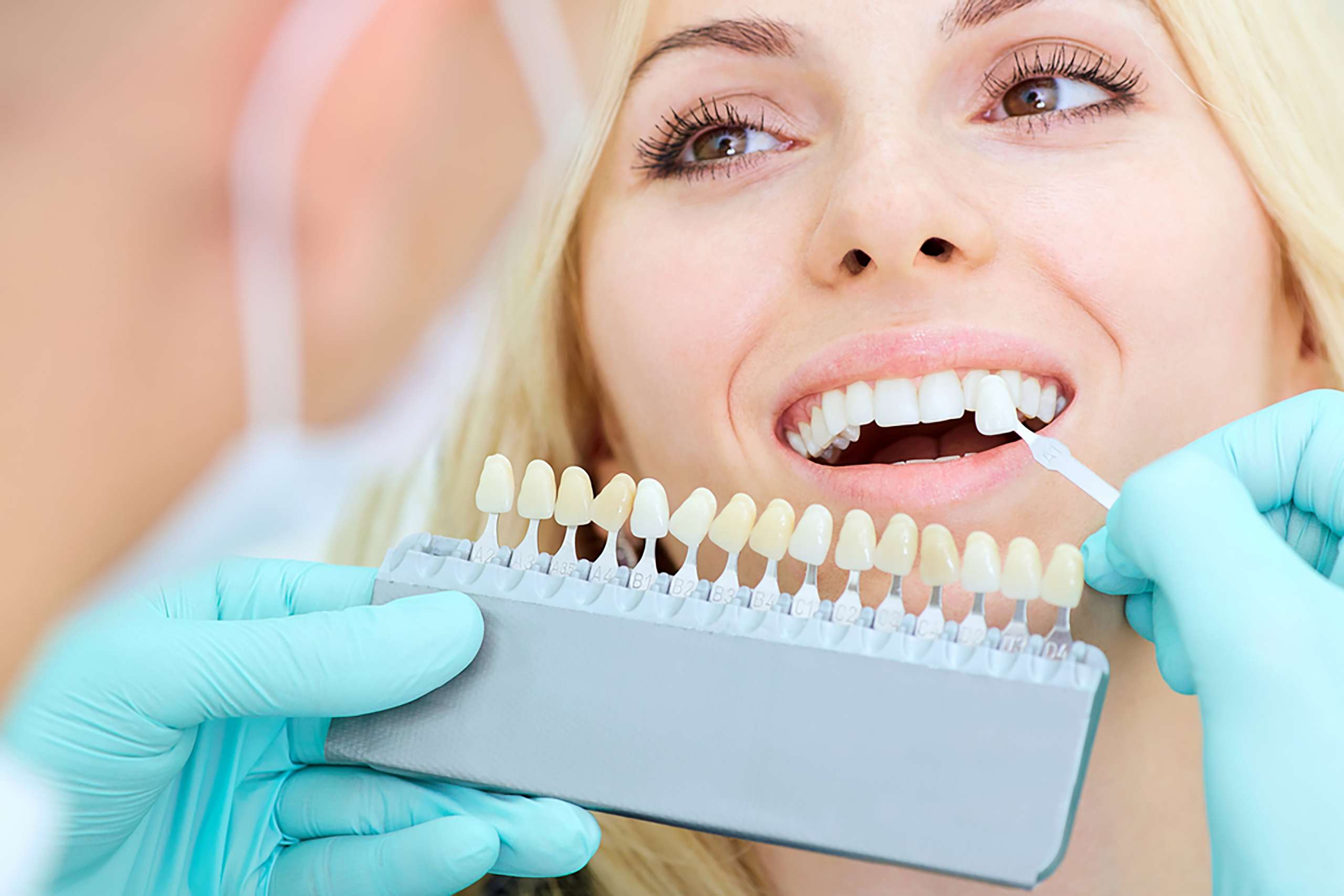
Cosmetic Dentistry
Teeth whitening involves the bleaching of your teeth to make them whiter by removing surface stains. Errors in teeth whitening can seriously damage the enamel of your teeth, as a result whitening should only be conducted under the guidance of a dentist or dental professional. Whitening or bleaching involves taking an impression of your teeth to make bleaching trays which are used to hold the bleaching gel.
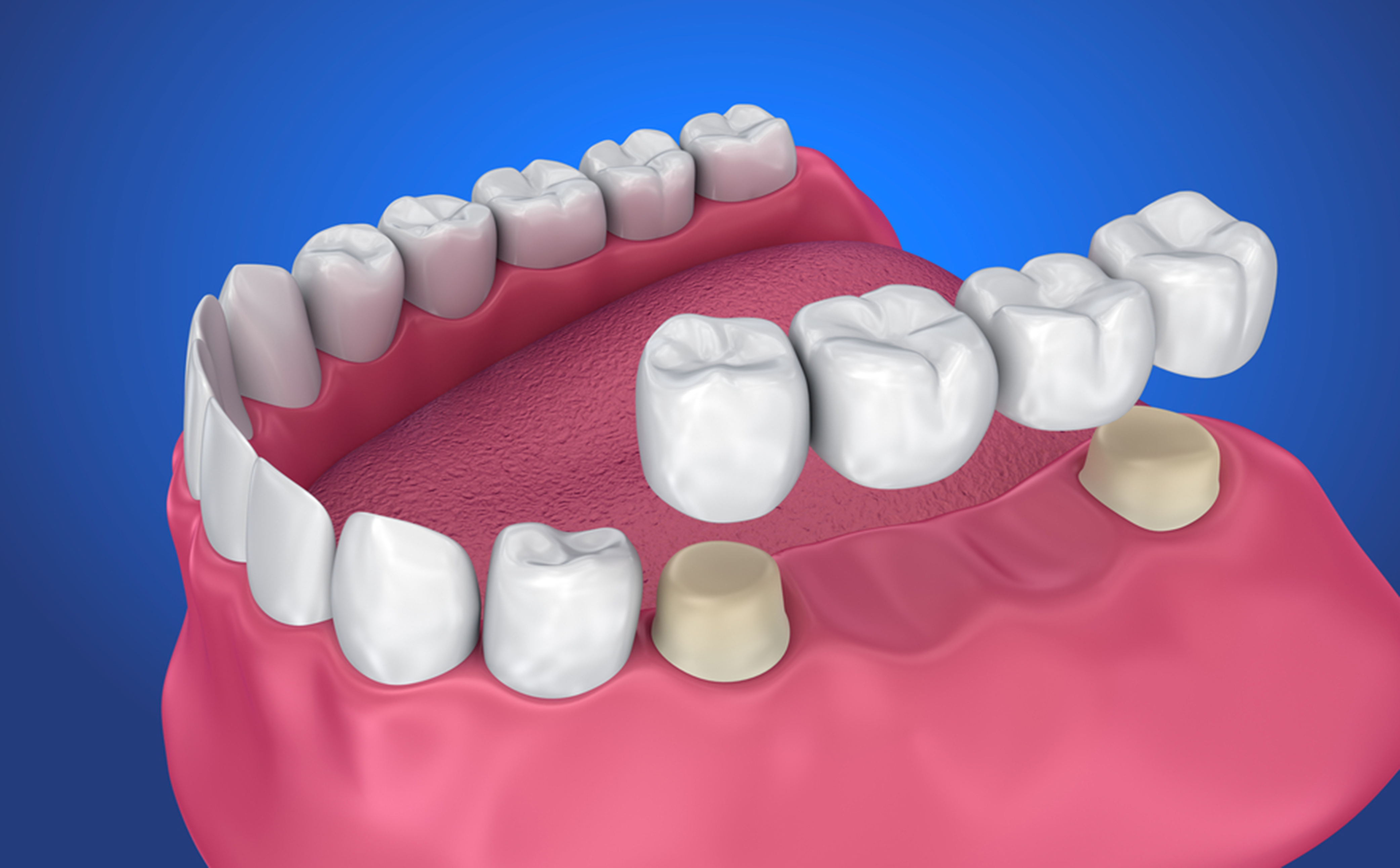
Tooth Replacement
A fixed bridge is a non-surgical alternative to a dental implant for replacing missing teeth. In this procedure, an artificial tooth is held in place by the abutment teeth on either side of the gap. Adjacent teeth act as support and are covered with crowns. Dental bridges are fixed prostheses that are cemented into place. Bridges can be maintained for a long time by practicing good oral hygiene and regular dental cleanings and check-ups.

Children's Dentistry
Establishing good oral hygiene early in life aids in a lifetime of healthy teeth. Your dentist at WND will help in making the pearly whites of your children stay shining and cavity free. It’s a common myth that baby teeth don’t need as much care as permanent teeth, when in reality cavities in baby teeth affect not only the alignment of permanent teeth but can also cause discoloration. Pediatric dentistry covers dental services from routine cleanings to cavities and everything in between.

Sedation Dentistry
Many feel apprehensive and anxious about even the mildest dental procedure. We are committed to performing all procedures as gently as possible, if this is not adequate in easing your fear and anxiety we will accommodate your needs. We provide oral sedation to our patients before any difficult dental procedure.
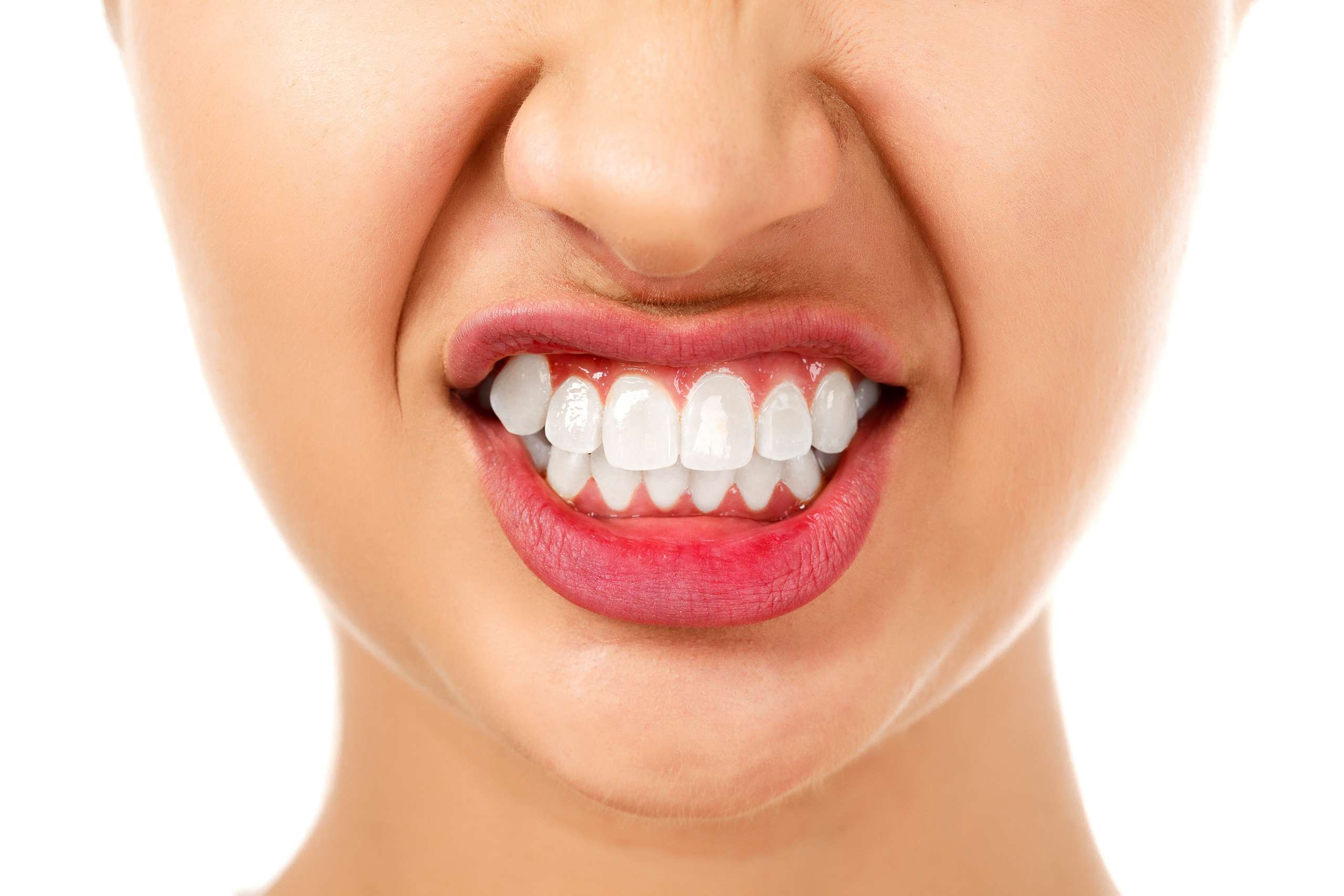
TMJ/TMD Treatment
The temporomandibular joint (TMJ) acts like a sliding hinge, connecting the jawbone to the skull. You have one joint present on each side of your jaw. This joint is one of the most complex in the human body, and when it becomes inflamed, it can cause jaw joint pain to such a degree that chewing and communicating clearly become difficult. TMJ disorders, also referred to as temporomandibular disorders or TMDs, are due to a combination of various factors, such as genetics, arthritis in one or both joints, missing teeth, crooked teeth, nighttime clenching and grinding, or jaw trauma.
